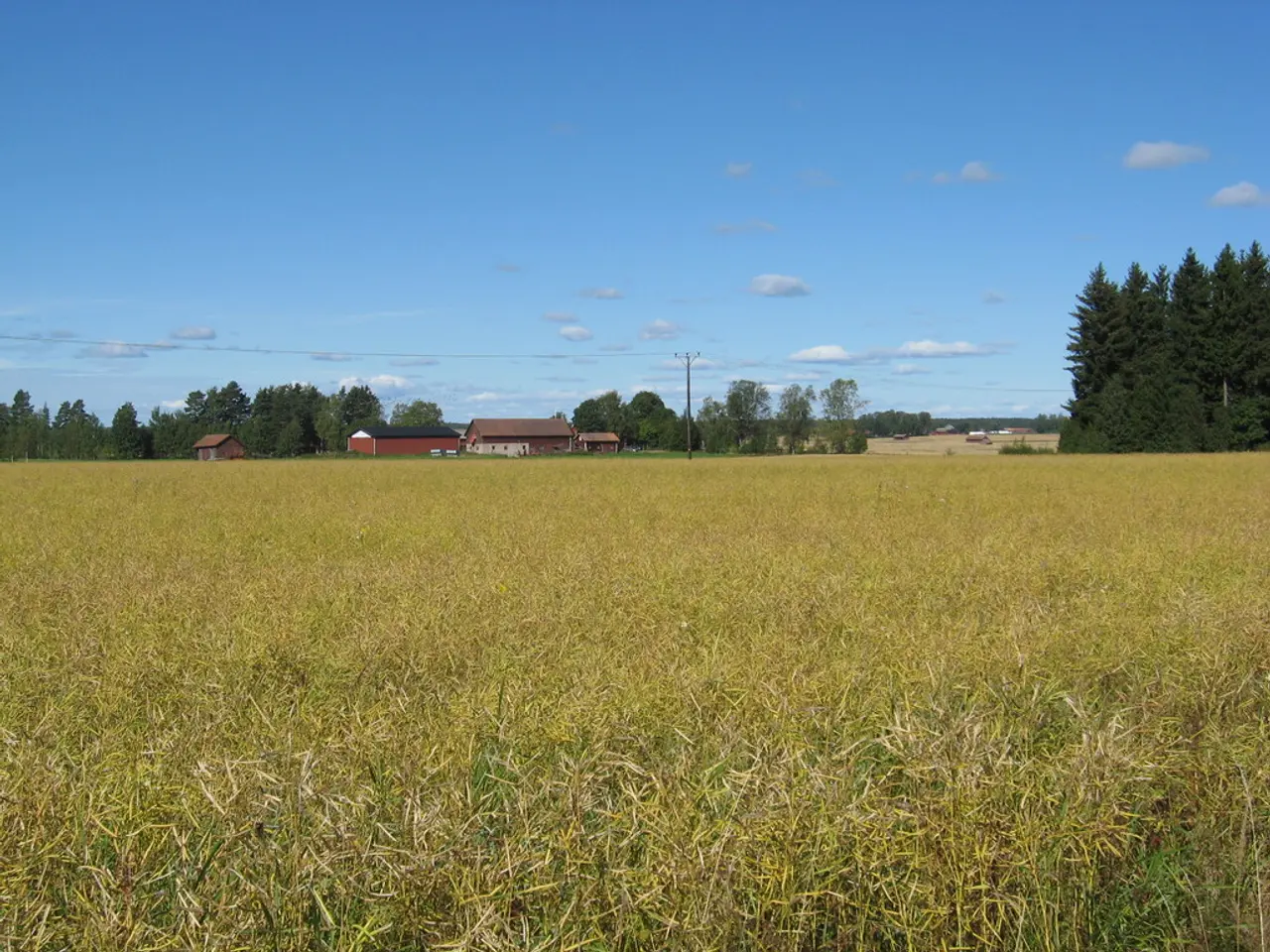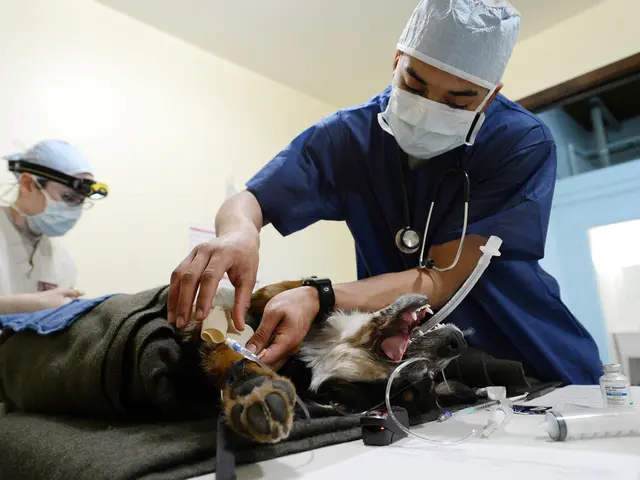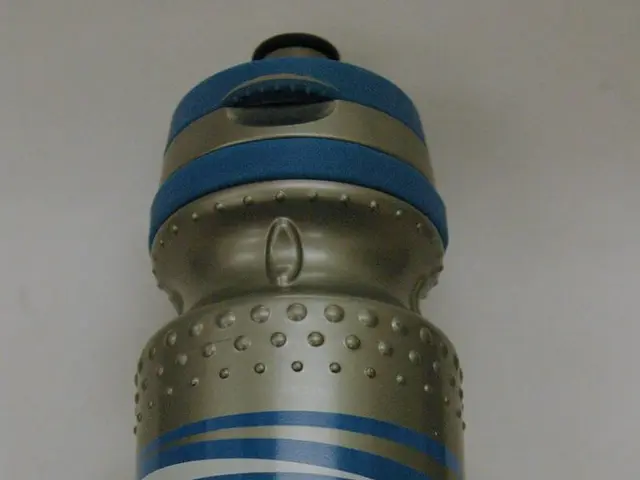Refresh, Heal, Regenerate
In these challenging times, with many people living in isolation due to the coronavirus pandemic and the tensions surrounding the U.S. presidential election, the need for self-care and resilience has never been more crucial. This is especially true for environmental justice leaders, who face intense work environments and the pressing demands of their roles.
One such leader is Tamara Toles O'Laughlin, North America Director of 350.org. O'Laughlin emphasizes the importance of planning rest from the beginning of any campaign, mobilization, or training to prevent burnout. She incorporates meditation, journaling, long walks in green places, and building authentic community connections into her self-care routine.
O'Laughlin is not alone in her pursuit of self-care. Dallas Goldtooth, Keep It in the Ground Campaign Organizer at the Indigenous Environmental Network, disconnects from social media for at least two hours every day, while Elizabeth Yeampierre, Executive Director of UPROSE, finds solace in prioritizing her community and loved ones, showing up for each other, and being anchored in love.
These leaders, and many others, employ a variety of strategies to maintain their mental, emotional, physical, and communal well-being. Grounded presence and emotional regulation skills, supported by neuroscience-based approaches, are key. Somatic practices such as movement, breathwork, and embodied experiences also play a significant role in regulating the nervous system and counteracting the physical toll of stress.
Internal Family Systems (IFS) therapy techniques are another valuable tool, promoting self-compassion and curiosity toward the multiple parts of one's inner landscape, aiding in emotional balance. Connecting with nature is another strategy used to restore and ground oneself, often by stepping outdoors during activities, which enhances mental well-being.
Building authentic community connections that provide social support and collective care is equally important. These connections move beyond transactional networking to meaningful relationships that sustain activists. Sustaining joy and regeneration by practising what they teach is another approach, fostering resilient and joyful attitudes as part of movement culture rather than just focusing on struggle.
Other approaches highlighted by leadership insights for preventing burnout in social movements include preparing for burnout with future-proof strategies, building psychological safety, and fostering environments where leaders feel supported rather than isolated. Reducing bureaucratic burdens in nonprofit work to relieve stress and increase sustainability, such as flexible, streamlined reporting, is also crucial.
These methods, which align with broader evidence on burnout prevention for activists and changemakers, provide holistic tools that are both practical and evidence-based. They recognise the unique pressures environmental justice leaders face and offer a comprehensive approach to sustaining their long-term effectiveness.
The author, Yessenia Funes, the climate editor of Atmos, urges readers to take time to rest and recharge. A future with a living wage, paid sick days, family leave, and paid time off is essential for communities to thrive. By prioritising self-care, building resilience, and fostering community connections, we can all contribute to a healthier, more sustainable future.
[1] Source: [Link to the original article or research] [3] Source: [Link to the original article or research] [5] Source: [Link to the original article or research]
- In light of the current challenging times, the importance of maintaining mental, emotional, physical, and communal well-being, especially for environmental justice leaders, cannot be overstated.
- Tamara Toles O'Laughlin, a leader in the environmental justice movement, focuses on self-care strategies such as meditation, journaling, and building authentic community connections to prevent burnout.
- Leaders like Dallas Goldtooth and Elizabeth Yeampierre also employ various strategies to maintain their well-being, including disconnecting from social media and prioritizing their communities.
- The author, Yessenia Funes, the climate editor of Atmos, emphasizes the need for self-care, underscoring that a future with a living wage, paid sick days, family leave, and paid time off is essential for communities to thrive.




